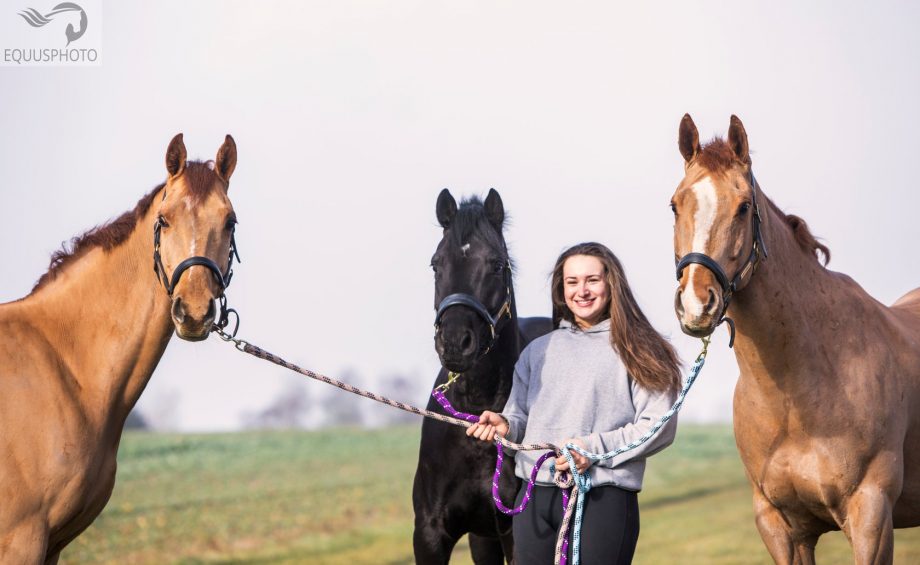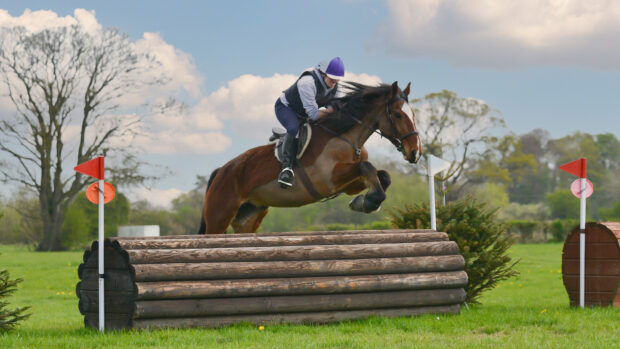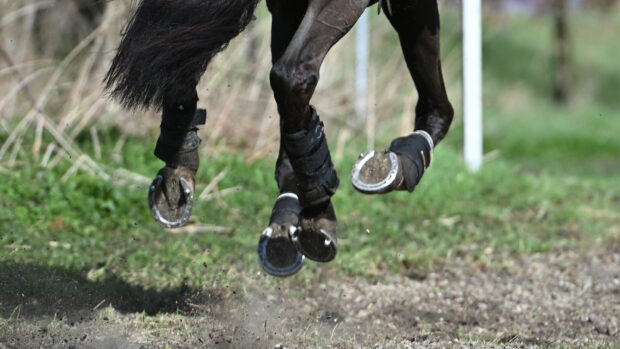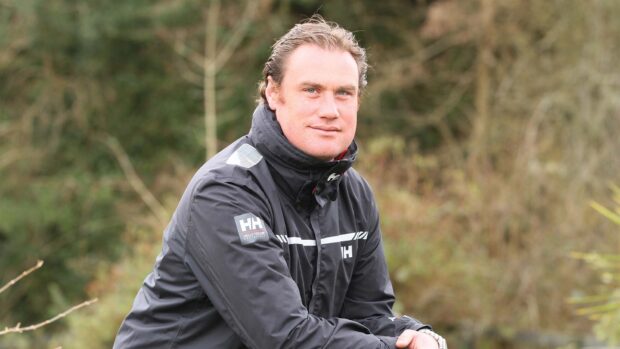Dear reader, welcome to my world!
My name is Claire Drey-Brown, and my world is literally run by horses as I’m a professional rider. Realistically though, my world is also run by my mental health. Bit of a bombshell, right?
What I have discovered throughout my life is that bottling everything up and pretending that I am fine gets me absolutely nowhere. I have severe anxiety and depression, and I am not ashamed. I have recently spoken online about about my struggles with mental health and how it affects my riding, and I was FLOODED with responses from fellow equestrians who had similar feelings.
From then on I decided that I will speak out about mental health whenever I can, in order to reassure readers that they are not alone, and hopefully help a few people along the way too.
Everyone always jokes about the ‘horse world’ and the ‘real world’ being very separate and different. Luckily for those in the ‘real world’, mental health is being talked about more and more each day. More people are beginning to recognise mental illnesses and treat them in a similar way to a physical illness. More people are ‘coming out’ with their illnesses, and more people are being accepted for these ‘flaws’. More people are seeking help and support and, as a result, more people are getting better.
However, in the ‘horsey’ world, we are running a little behind. We have a stereotype to uphold, you see. Riders must be cool, calm and collected. We must be brave, tough and gutsy. We must NEVER let our emotions show at a competition, or let them come out during a ride. God forbid we might share our ‘weak’ feelings, or we run the risk of looking unprofessional and potential sponsors and owners may be scared off. You may lose followers, people may talk and so on…
The horse world needs to change. We need to be more open and supportive of each other.
To the dressage rider who has a panic attack in their lorry before entering the ring — you are not alone.
To the eventer who has trouble remembering courses and dressage tests because their head is racing and overwhelmed — you are not alone.
To the showjumper who always has a pole down because they are anxious performing in front of crowds — you are not alone.
To the happy hacker who only sticks to the fields because they feel they don’t ‘belong’ schooling in an arena — you are not alone.
To the junior rider who worries about results, mainly because they will have to update their social media afterwards and share said results — you are not alone.
To the older rider who is considering giving up because they compare themselves unfavourably to younger talent — you are not alone.
YOU ARE NOT ALONE

Credit: EquusPhoto
When people start to talk about their problems and mental health, something amazing happens; people start to listen. People start to support each other and realise that they are not alone in their problems. I fear that the culture of the ‘horsey world’ encourages riders to suppress their emotions.
This is what I did, to cope with the pressures of our world…
I’d take a deep breath and push the feelings deeper inside me. I’d appear to be cool, calm, collected and professional. No one could tell that inside I was a total mess. I didn’t just have a few pretty little butterflies, I had a hoard of ugly flapping moths whirling around in my stomach. I tried to trick my horse that I was as calm as everyone else believes, which of course rarely works. But to anyone watching, I looked professional and relaxed for the entirety of the day. It’s all about appearances, right?
I’d get an average dressage mark, but it would be a nice, smart test. Just lacking some flashiness and ‘wow factor’. No one would know that I couldn’t produce flashiness because I was terrified of forgetting the test and my whole body was tensed up, meaning I couldn’t ride effectively.
My horse and I would produce an attractive showjumping round, but we’d roll a pole. Later to be described by myself on social media as ‘four faultitis’. No one would know that I was overthinking my riding, and took one too many pulls on the approach to the fence next to the crowd of people, convinced that they’d be judging my riding and ripping it apart; as I was.
I’d run through the motions in the cross-country warm-up — jump a few fences, and then a couple on an angle. I’d calmy walk into the start box, give my horse a scratch on the neck, and set off. Any spectators would think it was sweet that I reassured my horse in this way, but actually it was more for myself. I would smile politely to all I came across and joke with the starter. No one would know that I couldn’t ride as well as I know I can, because I was having an anxiety attack. No one would know that, despite the smart composure, I was a total mess inside.
Not only did I hide my emotions from others, I was in denial for so long that I went numb emotionally. I didn’t feel the bad emotions, but I also didn’t really feel the full extent of the good, and eventually, I lost my love for my sport.
Article continues below…
You might also be interested in:

Subscribe to Horse & Hound magazine today – and enjoy unlimited website access all year round
It is only recently, after painfully addressing my suppressed feelings that I am able to begin to truly ride cooly, calmly, and collectedly. It is also only now that I am able to enjoy my sport, and truly love it again.
I was so obsessed with how I would look to others, what they may think, and what I would have to write on social media, that I ‘choked’. I began to be honest on social media, and share how I felt, and I was overwhelmed by the amount of people who felt exactly the same as I did. I realised that it was okay to feel everything I had been feeling. So I stopped trying to hide it so much. No one made fun of me for it, or thought I was being unprofessional. What people did do, was support me, and help me to fulfil my potential. I learnt a valuable lesson.
Anxiety, depression, and other mental illnesses are so common. It could be anyone. The trouble is, nobody wants to talk about it, and that makes everything worse, for everyone. Mental Health is NOT a personal failure, there is no shame in admitting that you are not okay. Never be ashamed of your own story, it could inspire others and help them with theirs.
The only thing more exhausting than having a mental illness, is pretending that you don’t.
Claire
For all the latest equestrian news and reports, don’t miss Horse & Hound magazine, out every Thursday.



